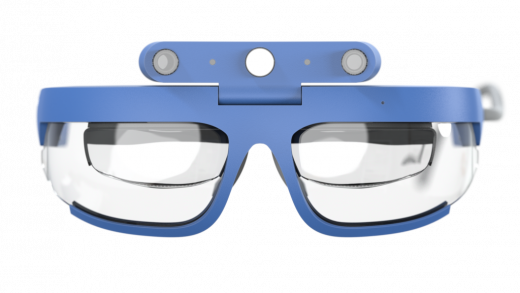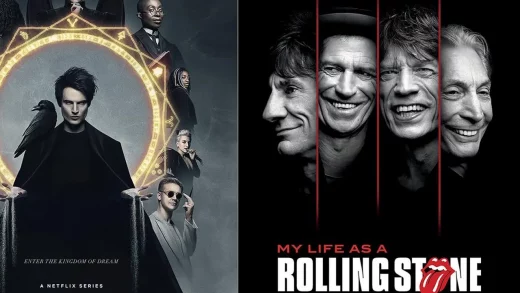External studies and internal reports alike have shown time and time again the negative impact social media can have on teens’ mental health, leading to a range of safety precautions across platforms. Now, YouTube is expanding its well-being tools for young people, including recommendation limits on videos that could be harmful.
YouTube teamed up with its Youth and Families Advisory Committee to identify types of videos that could have a detrimental effect on a teens’ mental health if repeatedly viewed. These categories included videos that idealized certain body weights, features and fitness levels or show social aggression. However, these videos are still searchable (and can be recommended at least once). To this end, YouTube has made its crisis resources — the information that appears if someone searches words like “self-harm” or “eating disorders” — into a full-page panel. The idea is that this will force viewers to take more of a break and more clearly state third-party crisis hotlines and suggestions for searches like “grounding exercises.”
The company is also increasing the frequency of its Bedtime and Take a Break reminders, with the latter automatically set to appear across videos every hour for viewers under 18. The frequency can then be adjusted in settings by the user or a parent. Breaks could be beneficial, given an August 2022 report from Pew Research found that 95 percent of US teens use YouTube, and nearly one-fifth of them are on it “almost constantly.” TikTok, meanwhile, was the second most popular platform, with 67 percent of respondents using it — nearly one-third less than YouTube.


